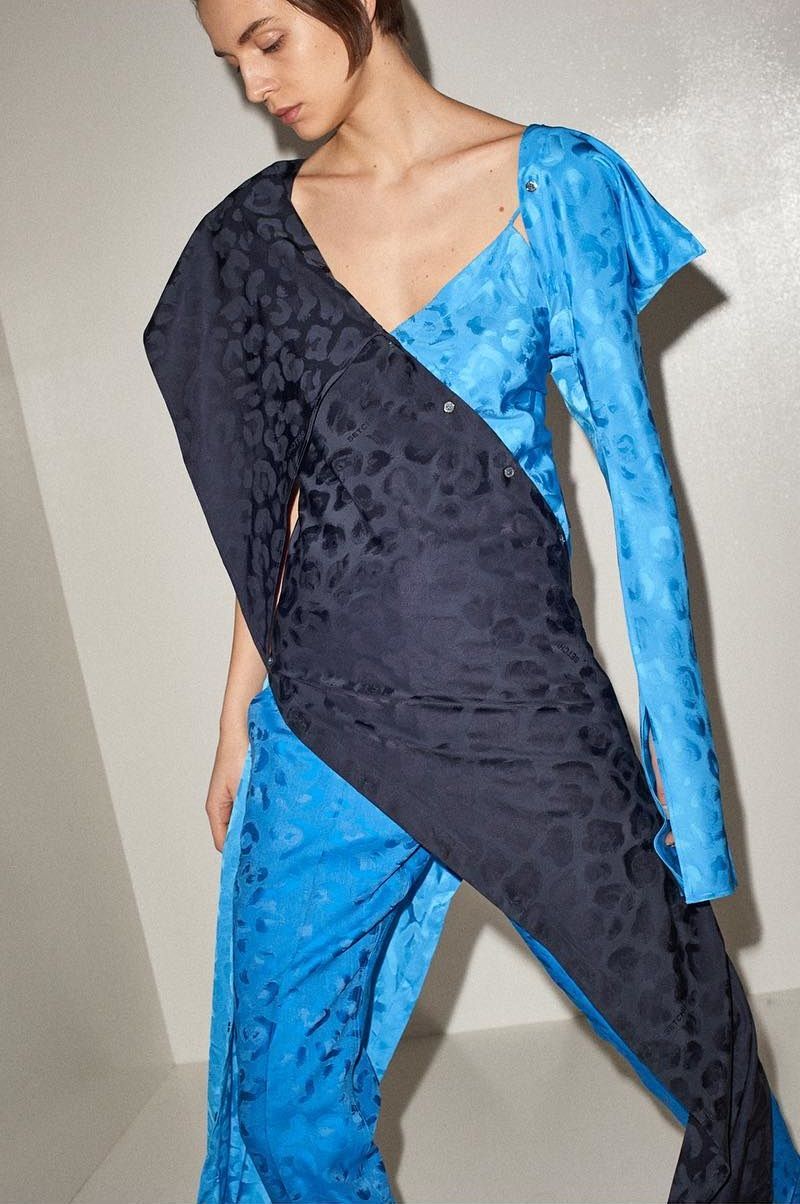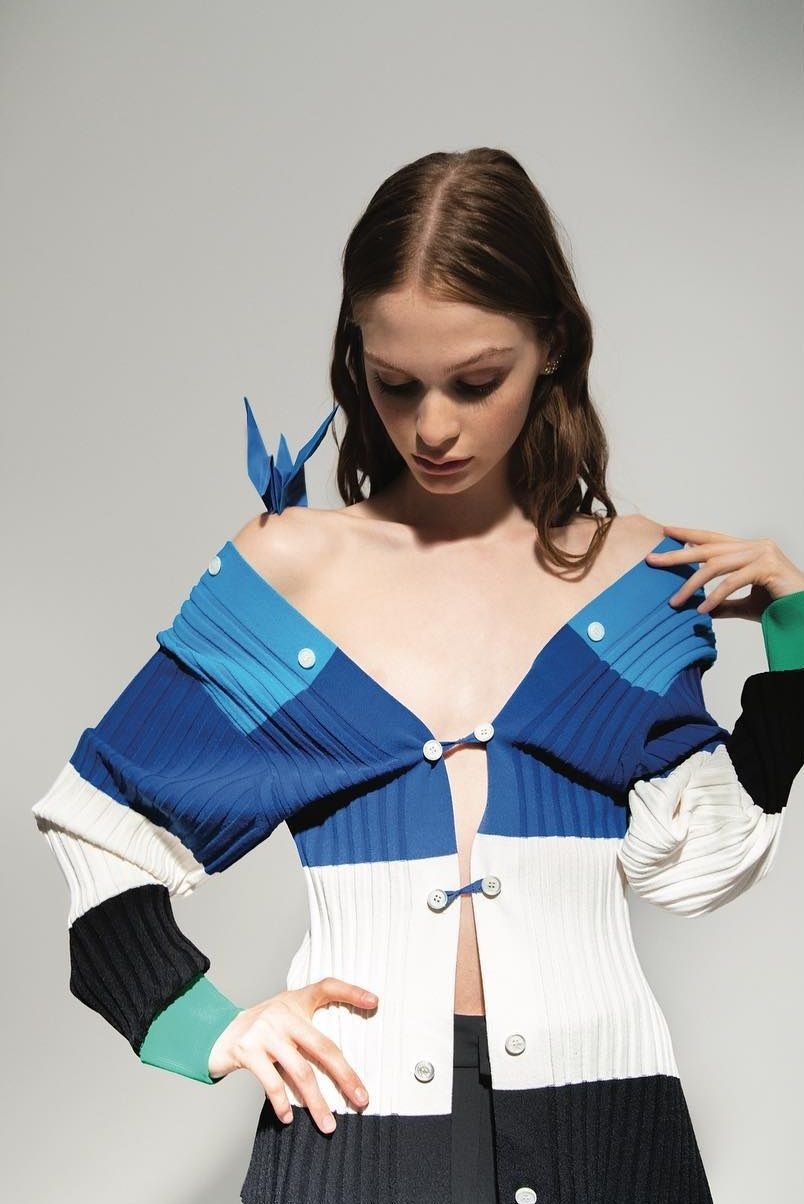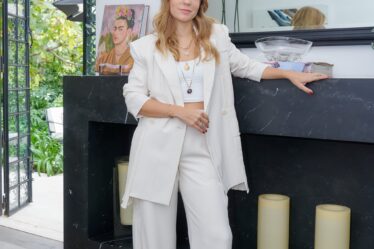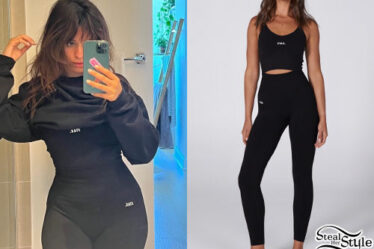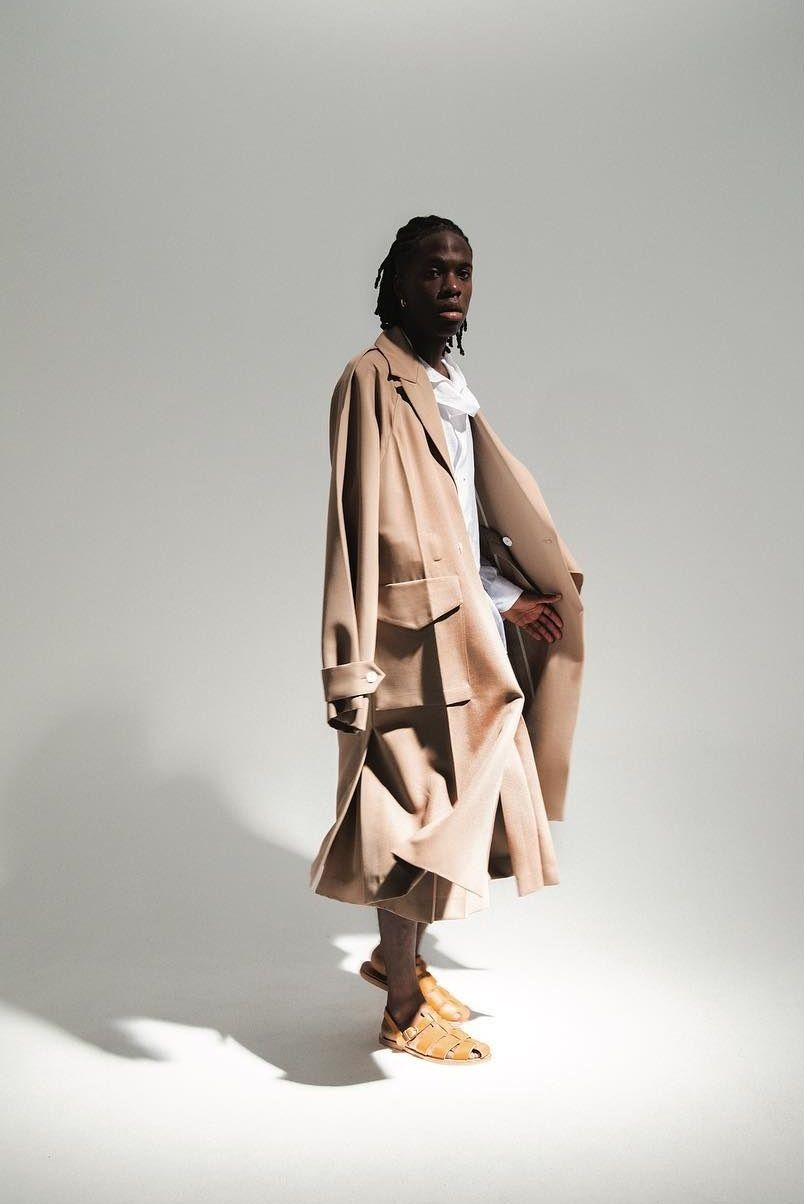
Setchu, a brand founded by Japanese fashion designer Satoshi Kuwata, won the 2023 LVMH Prize for Young Designers on 7 June in an event at Fondation Louis Vuitton in Paris that marked the 10th anniversary of the prestigious fashion honour.
As the founder, Kuwata was awarded a grand prize of EUR 400,000 (around SGD 5,77,962) in addition to a year of training from LVMH Moët Hennessy Louis Vuitton experts. The award was presented by Gal Gadot, who is best known for playing Wonder Woman in the DC Extended Universe (DCEU).
Kuwata’s brand was picked from nine finalists by a jury comprising Jonathan Anderson, Kim Jones, Marc Jacobs, Maria Grazia Chiuri, Nicolas Ghesquière, Nigo, Silvia Venturini Fendi, and Stella McCartney. All eight creative designers are from LVMH houses.
Present at the event were the prize’s creator Delphine Arnault, who is the CEO of Dior and the eldest daughter of billionaire LVMH founder-chairman Bernard Arnault. Alongside Delphine Arnault were chairman and CEO of LVMH Fashion Group Sidney Toledano and Bernard Arnault’s adviser and LVMH’s head of corporate philanthropy Jean-Paul Claverie.
All about Satoshi Kuwata and his brand Setchu
Who is Satoshi Kuwata?
Satoshi Kuwata is from Kyoto in Japan. He was 21 years old when he moved to London in England to study fashion design at Central Saint Martins. He has had a long career in the world of fashion, starting with H. Huntsman & Sons on London’s Saville Row. Among the names he has worked with are Gareth Pugh, Kanye West, Givenchy, Edun and Golden Goose in cities such as London, Paris, New York and Milan.
And the winner of the 10th edition of the LVMH Prize is… Setchu!
pic.twitter.com/SSmFAu5Owd
— LVMH (@LVMH) June 7, 2023
Kuwata, who is 39 years old, expressed his delight after winning the award and said that the jury was like a pantheon of “Greek gods.” He said that his travels around the world helped him have a 360-degree outlook on designing and he aims to make Setchu a “heritage company” like LVMH.
What is Setchu?
Satoshi Kuwata founded the brand Setchu in 2020 as a unisex option for lovers of high-end but sustainable and functional fashion. The brand is located in Milan. Setchu creates items that can be worn in different ways. Examples of such creations are its foldable jackets and a ribbed sweater with a unique row of buttons that make it possible to wear it in multiple ways.
The brand’s name comes from the Japanese phrase “Wayo Setchu.” According to the official website of the brand, the word “Wayo” is a term denoting Japan and the West taken together. The word “Setchu” means compromise. Thus, the phrase refers to a blending of Japanese and Western cultures and concepts.
Setchu’s designs are both gender fluid and sustainable. In fact, Delphine Arnault underlined that it was the multipurpose functionality of his designs and the amalgamation of cultures that helped Kuwata secure the award for his brand.
Setchu underlines its vision about sustainability through the Japanese term “Mottainai.” The word is essentially an expression of disgust over wastage. According to the company, the term is used by Japanese environmentalists to urge people to reduce waste and instead engage in recycling and reusing.
Kuwata runs the brand on his own and has no team working for him. Apart from its functional garments, Setchu also sells candles, sandals, garment covers, and silk handkerchiefs among other items.
Who else were among the finalists?
Setchu by Satoshi Kuwata was reportedly one of the 2,400 applicants from 15 countries in the running for the award. He was one of the nine finalists for the top honour.
Bettter by Ukrainian designer Julie Pelipas and Magliano by Italian designer Luca Magliano jointly won the runner-up award called Karl Lagerfeld Special Jury Prize. The award was presented to them by Chinese pop star Xin Liu. The designers received a grant of EUR 200,000 (around SGD 2,69,363) along with a year-long LVMH mentorship programme opportunity.
The remaining six finalists were Aaron Esh, Burc Akyol, Diotima by Rachel Scott, Luar by Raul Lopez, Paolina Russo by Paolina Russo and Lucile Guilmard, and Quira by Veronica Leoni.
(Main and Featured images: SETCHU/@setchu.official/Instagram)
This article was first published in LifestyleAsia Hong Kong.

